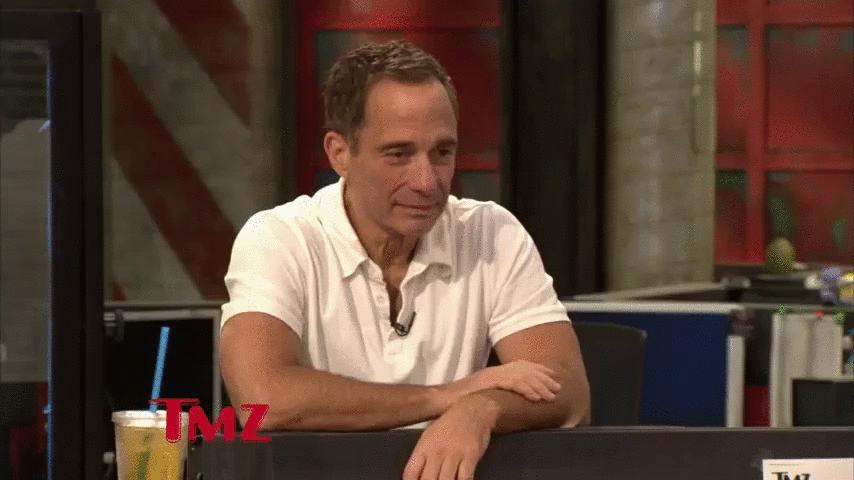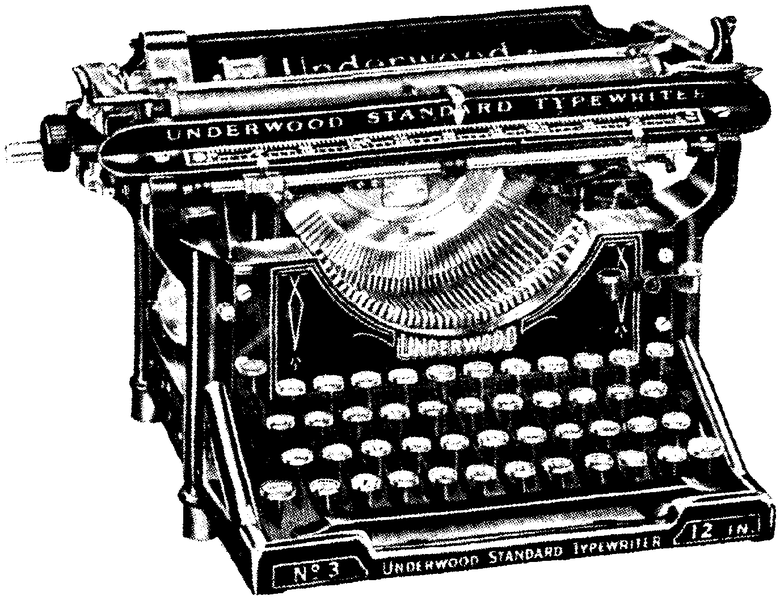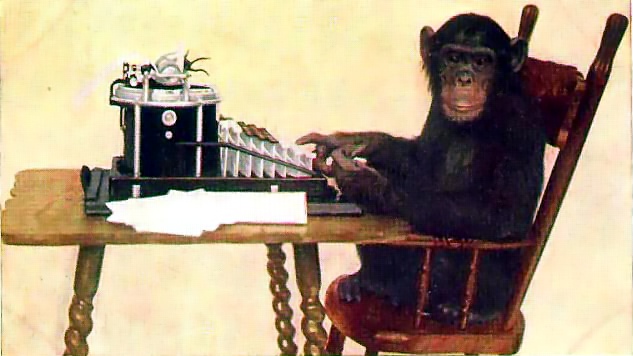TMZ seems to exist solely to excitedly announce which famous people have died, some of whom have actually died.
My main issue with Harvey Levin’s clown car of entertainment reportage isn’t that it’s scurrilous, which it is, but that it doesn’t use that scurrilousness to a good end, never holding a light to the industry’s dark side. The outlet is just another part of the Hollywood game, not revealing anything too damaging which could jeopardize access. You don’t think maybe the folks there might have heard something about the many, many abuses and inequities that occur in show business? The site may report on lawsuits stemming from such behaviors if they’ve already come to light, but it will never break such stories. There are relationships to be maintained.
Nicholas Schmidle, a very talented New Yorker writer, is working on a TMZ story, according to a piece by Matthew Belloni and Chris Gardner of The Hollywood Reporter, and I can’t wait. The opening:
Levin, 64, has been warning TMZ employees both past and present not to speak to writer Nicholas Schmidle, whose résumé might explain why Levin is so nervous. Schmidle’s previous subjects include the hunt for Osama bin Laden (his New Yorker story “Getting Bin Laden” was nominated for a National Magazine Award in 2013), a Russian arms trafficker and war crimes in Kosovo. In addition, The New Yorker has shown a willingness to publish unflattering stories set in the world of media and entertainment. For instance, the Conde Nast-owned magazine’s lengthy profile of filmmaker Paul Haggis’ separation from Scientology by writer Lawrence Wright led to Wright’s book Going Clear and the Alex Gibney-directed HBO documentary that premiered at Sundance and was recently nominated for an Emmy. Several TMZ insiders have spoken to Schmidle anyway, according to sources, as have others in the so-called Thirty Mile Zone around Hollywood from which TMZ took its name.•



